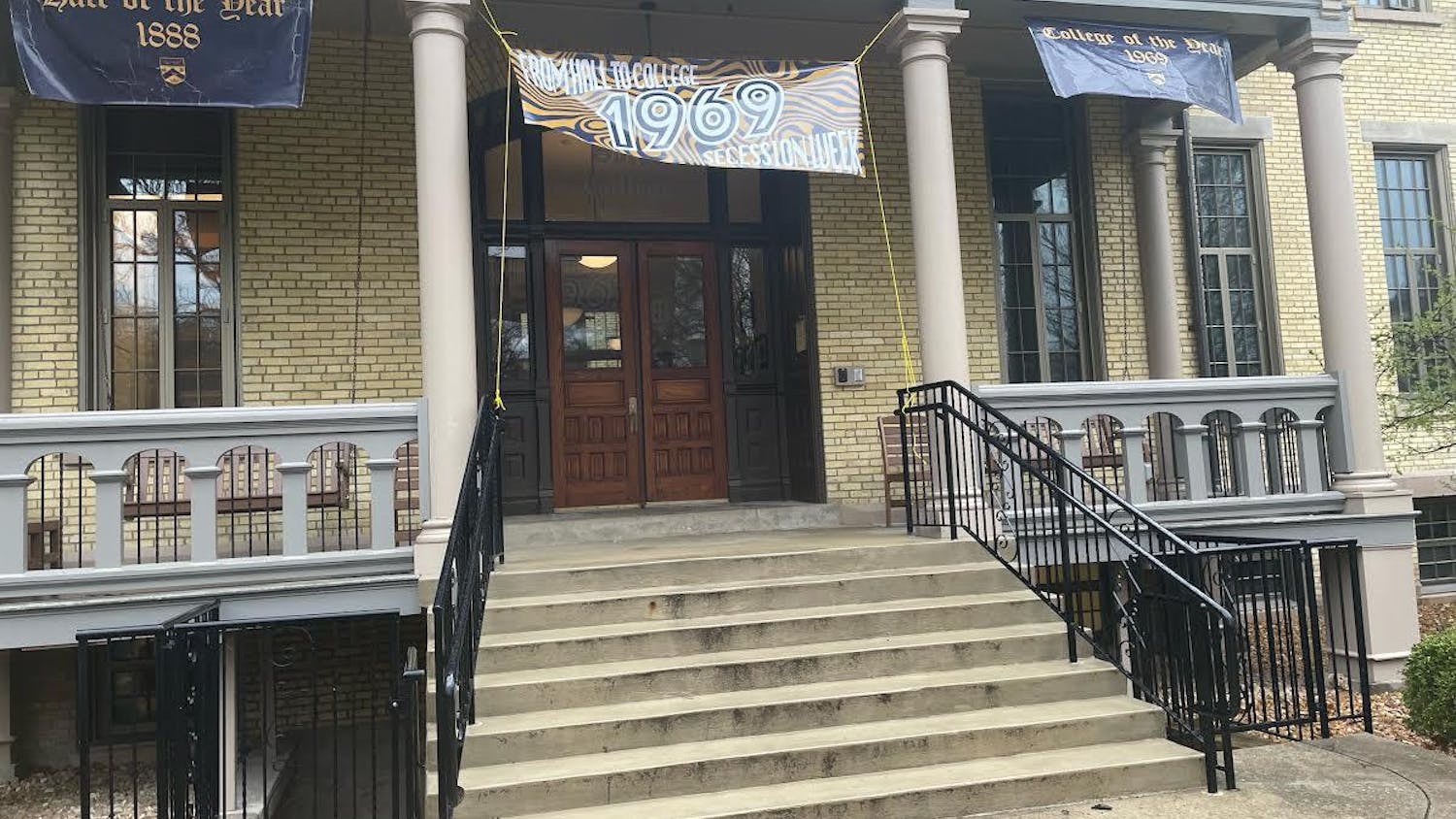Dr. John O'Callaghan, associate professor of philosophy at Notre Dame, discussed the life and literature of author Walker Percy in a lecture Tuesday.

The talk was part of the Catholic Culture Literature Series: Strangers in a Strange Land, run by the Center for Ethics and Culture. The four-part series centers around four Catholic-American authors and the contributions they have made to Catholic literature.
A recurrent theme in Percy's works was his feeling that many people knew "how to be in the world and not of it," O'Callaghan said.
Percy's own childhood was quite traumatic, and it is surprising he was able to step outside this viewpoint, he said.

Born in southern Alabama, Percy did not convert to Catholicism until his adult years. At the age of 12, his father committed suicide and not long after, he lost his mother in a car accident, O'Callaghan said.
He said these events had a profound affect on Percy and influenced many of his writings. He is well known for works such as "The Moviegoer" and "The Thanatos Syndrome."
O'Callaghan discussed the fact that this Catholic author touches on many subjects, including racism and class.
Percy's moral sense is visible in his outrage "at the cross burning of a Roman Catholic Archbishop of New Orleans who said that segregation was a sin," Callaghan said.
Percy goes farther as to criticize the stoicism of many of his friends and relatives who allowed this to occur, he said.
O'Callaghan said this portrayal of ethical strength caused him to reflect on his own education in a Catholic school, questioning why he never read Percy as a part of his curriculum.
He said one friend told him Catholic schooling was "all about works and little about faith," which caused him to ask, "are we any better now?"
It is clear after this lecture that whatever Percy was discussing, it was always done with comedy, O'Callaghan said.
He said he had a "characteristic humor sly beyond belief," which gave him a "more universal appeal than just another southern writer."
Callaghan said faith is not something that can be made up, but must be experienced.
"We do not produce religious experience," O'Callaghan said. "[The] sacred comes to us as a kind of message."











